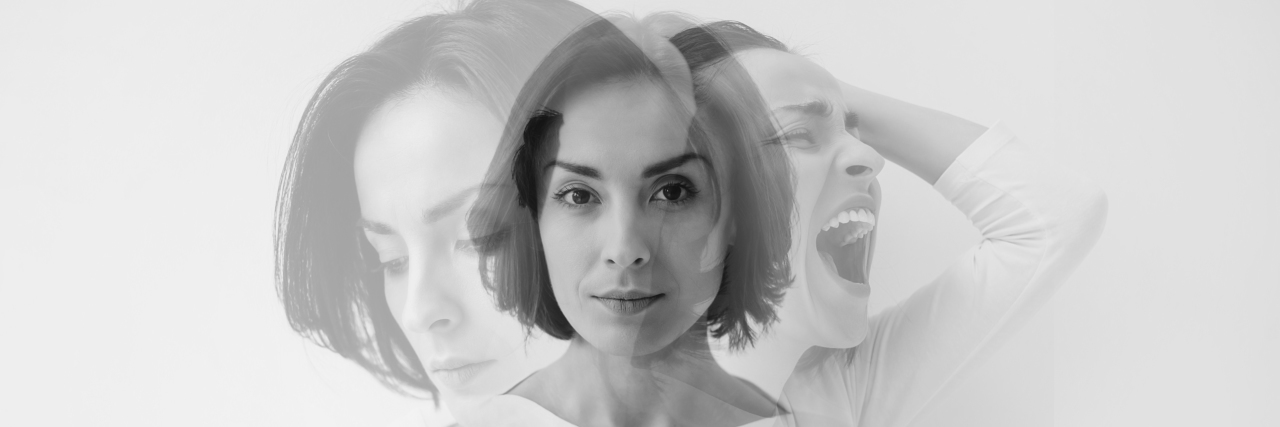Rare disease affects approximately 1 in 15 people worldwide, according to the World Health Organization; within this approximately 69% have reported having depression and 82% have reported experiencing anxiety and stress. This is no surprise to me due to both my own experience and some of my friends’ experiences. However, mental health diagnosis due to rare disease is much more complicated than it sounds.
My mental health “journey” began in January 2018 when I was experiencing low mood, lack of motivation and some really confusing thoughts. I had visited my GP at University once who recommended counseling. I went to a couple of sessions, but found at the time the structure of those sessions was not right for me because it was not about getting over the problem, it was about acknowledging the thoughts and coping with them. After things hadn’t improved, I went back to my GP who gave me some antidepressant medication. Fast forward to after I told my parents about how I was struggling and on to my third type of antidepressant medication and some difficult times along the way, I am now receiving therapy from someone who I really trust and who is really supportive of me. However, I wanted to write this to show that you are not alone. Below are some of the muddling thoughts I have experienced to remind you that these feelings are totally OK and valid to have.
Others are worse off
OK we might think that others are worse off and that may be the case, but having low mood or anxiety-provoking thoughts about your illness is totally understandable. You might think others are worse off because you see people post things on social media, they maybe talking about it openly or their illness may be visible but that does not mean that you should ignore how you are feeling. If you feel low or anxious, you have a right to regardless of what other people are going through.
Not feeling grateful enough for the good days
Good and bad days with illness can really creep up on us and we are not prepared for them a lot of the time. Although it is important to acknowledge what you are grateful for, especially when you are able to do more on one particular day, you should not have to feel like you need to be grateful when your body isn’t performing how you want it to (just because it is better than the day before when in reality it doesn’t have the ability to do what you want to do compared to if you didn’t have your illness).
Lack of research into illness so not knowing what to think
A lot of rare diseases do not have much information due to them being so complex. Patients can be left to have irrational and worrying thoughts due to not knowing how the illness is going to impact their day to day lives and also other elements including social events, relationships and employments. If we don’t have this information, how are we meant to make sense and eventually accept our condition?
Mental health causing physical symptoms
There is a big correlation between physical and mental health, but when our illness causes low mood, stress or anxiety that can them cause other physical symptoms resulting in a vicious cycle. A lot of people then feel guilty for feeling low, stressed or anxious because it has caused physical symptoms contributing to their illness which can then cause more emotional symptoms. You get the picture, the cycle then just goes on and on which can be physically and mentally exhausting.
Knowing your illness is incurable
This one of course is really tough. All we want is to be well, enjoy life and not be held back by anything. When you are experiencing bad health days, particularly if they are regular or lasting a long time, it can be hard to see light at the end of the tunnel or to feel happy with what you do have in life. Knowing your illness is incurable and that you have got to live your life differently than how you wanted to can be incredibly mentally tough.
This is only a nugget of information and only some of the thoughts I have. I am sure many others have experienced these things, but I hope it helps you realize that you are not alone and you deserve support.
Photo credit: Povozniuk/Getty Images

